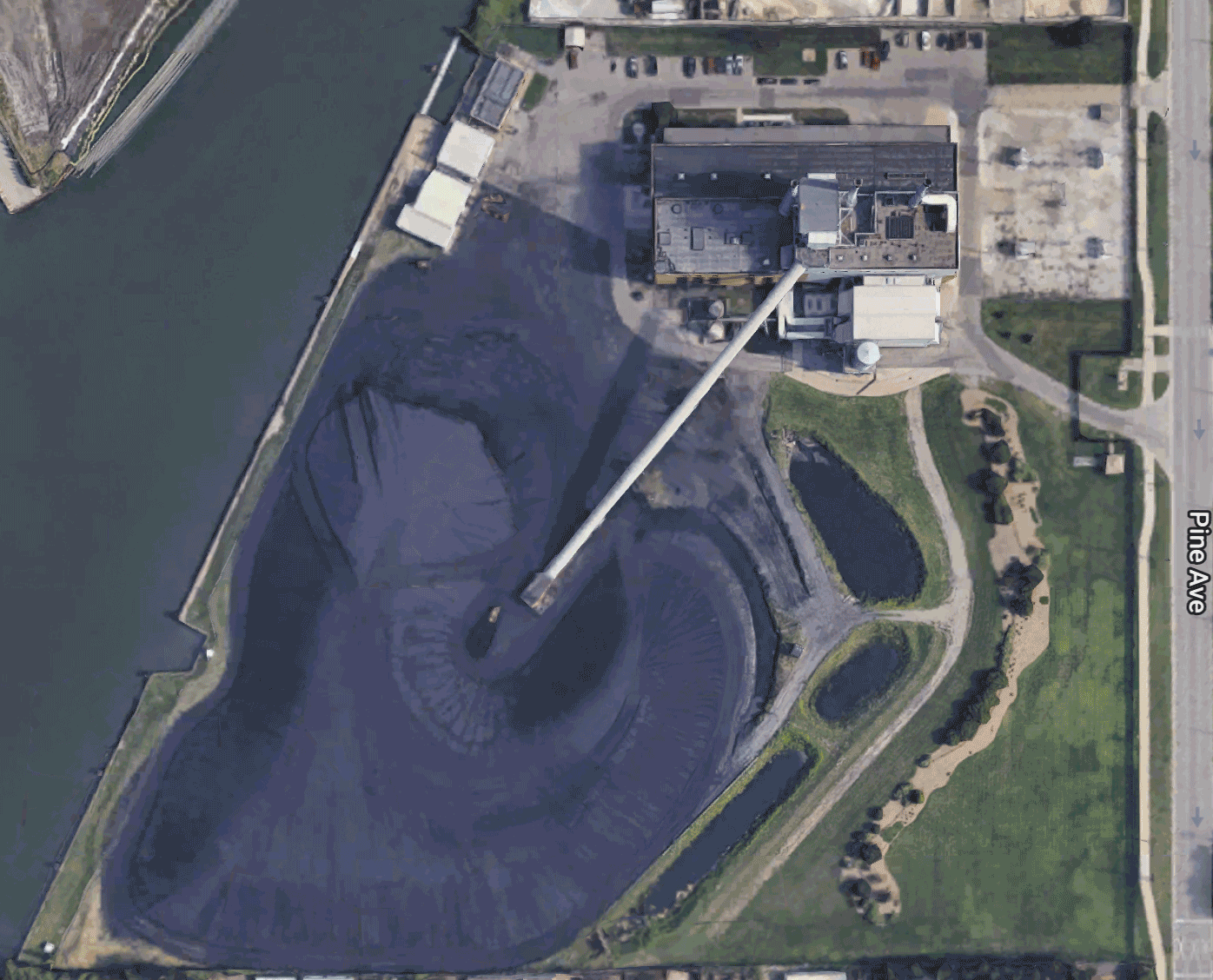Spaces collectivize our understanding of ourselves. How we treat the land and waterways reflects our values and demonstrates our ability to be an ethical participant in the ecosystem. Explorers, naturalists, and surveyors have inscribed the landscape from the beginning of the United States of America, converting the experience of space into words and symbols. In the past these practices facilitated claiming ownership of land but Macatawa Strata reclaims these strategies for reflection and contemplation for a better land-use future.
Macatawa Strata’s Goals are to:
- Engage the community in spatial understanding of the Anthropocene through taking impressions, mapping, sample collection, and audio/ visual documentation
- Call attention to the disparities and injustices of the space through site-specific practices.
- Educate Holland residents about the social and environmental history of the Macatawa shoreline
- Ask decision-makers to consider space as a holistic concept
- Help people understand the social and environmental strata of land
- Invite people to recreate while engaging in criticality
- Use tactical and diagrammatic methods to allow residents to document the decommissioned power plant site in Holland, MI
Lake Macatawa in Holland, MI is part of our ecosystem. In Holland’s early years, raw sewage was deposited directly into the river and lake. A newspaper article from 1917 detailed the pollution and called for action. In 1927 the wastewater treatment facility was constructed along the lake. In 2018, GVSU’s Water Resources Institute produced a water quality report and found that the lake is still in the undesirable range in many areas. The Total Phosphorus levels are extremely high placing it in the hypereutrophic state.

